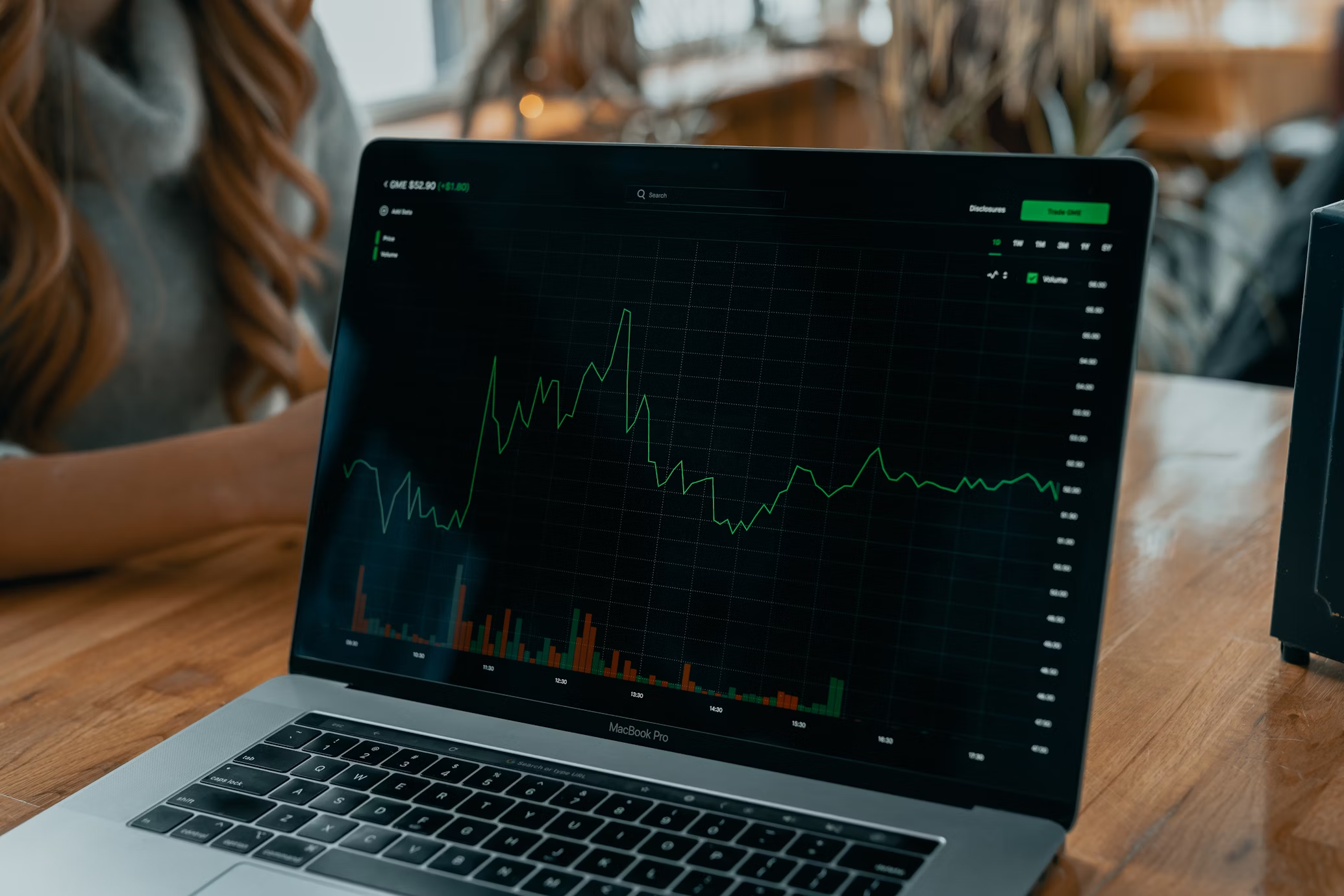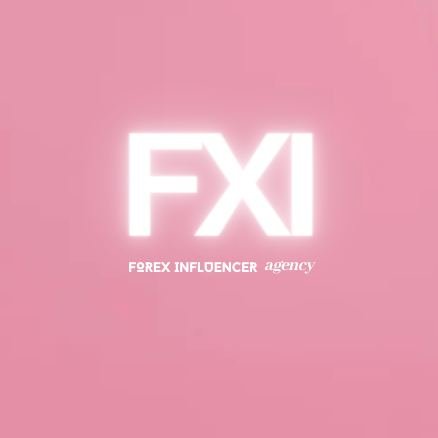How to Vet a Forex Influencer Before Following Their Trades

The allure of the “Forex influencer” is powerful. Picture this: a seemingly ordinary person flaunting a lavish lifestyle – exotic vacations, luxury cars, designer goods – all attributed to their mastery of the foreign exchange market. They promise to reveal their “secrets” through exclusive signal groups, mentorship programs, or online courses, promising to turn you into a similarly successful trader.
While the dream they sell is incredibly enticing, especially for those seeking financial freedom, the reality often falls far short. Many, if not most, of these Instagram or TikTok “gurus” are simply selling a fantasy. Before you put your hard-earned money and trust into someone’s hands based on their social media facade, it’s absolutely crucial to vet them thoroughly.
Here’s a comprehensive checklist to help you separate the genuine educators from the sophisticated scammers:
1. Demand Verified Trading Performance (The Absolute Gold Standard)
This is the single most important factor. Anyone claiming to be a successful trader should be able to prove it.
- Audited Live Trading Account: Insist on seeing a verified trading statement from a reputable third-party auditing service (like Myfxbook or FXBlue) linked to a live trading account. This provides an independent, immutable record of their actual trading performance, including profits, losses, drawdown, and win rates, over a significant period (ideally 1-2 years minimum).
- Beware of:
- Screenshots: Easily faked.
- Demo Accounts: Profits on demo accounts are meaningless as no real money is at risk.
- “Proprietary” or “Secret” Systems: If it’s so secret, why are they selling it for a fraction of what they’d make trading it?
- Vague “Lifestyle” Claims: Luxury items are often rented or not even theirs.
2. Scrutinize Their “Business Model”
How does the influencer really make their money?
- Are they traders or marketers? If their primary income seems to come from selling courses, signals, or referring you to brokers, rather than verifiable trading profits, that’s a massive red flag. A truly successful trader wouldn’t need to sell signals for a few hundred euros.
- Affiliate Links to Unregulated Brokers: Many “gurus” earn substantial commissions by directing unsuspecting followers to unregulated or offshore brokers. These brokers often engage in manipulative practices, making it hard to withdraw funds, or are outright scams. ALWAYS verify the broker’s regulation (see point 3).
3. Verify Broker Regulation (Crucial for Your Funds’ Safety)
If the influencer recommends a broker, do your homework on that broker first.
- Reputable Regulators: Check if the broker is regulated by a top-tier financial authority in a well-known jurisdiction (e.g., FCA in the UK, ASIC in Australia, CySEC in Cyprus, FINRA/CFTC in the US).
- Official Website Verification: Don’t just trust the influencer’s word or the broker’s website. Go directly to the regulator’s official website and search for the broker’s license number to confirm its authenticity and the scope of its authorization.
- Beware of:
- Obscure Jurisdictions: Brokers registered in exotic, unregulated islands offer little to no protection for your funds.
- “Pending Regulation” Claims: A common delay tactic.
4. Assess Their Promises and Claims
- Unrealistic Returns: Any promise of “guaranteed” profits, “get rich quick” schemes, or unbelievably high, consistent returns (e.g., 50% per month) is a scam. Forex trading is volatile and risky, and losses are inherent.
- Low Risk, High Reward: This is a fantasy. High rewards in trading always come with high risk.
- Pressure Tactics: Anyone urging you to “act now,” “limited spots,” or “don’t miss this opportunity” is employing high-pressure sales tactics common in scams. Genuine opportunities don’t vanish in minutes.
5. Research Their Reputation Independently
- Search for Warnings: Google their name, their company name, and the broker they promote along with terms like “scam,” “fraud,” “review,” “blacklist,” or “complaints.”
- Independent Review Sites: Look for reviews on reputable, independent Forex review websites. Be wary of sites with overwhelmingly positive or negative reviews that seem inauthentic or repetitive.
- Regulatory Warnings: Check the websites of major financial regulators for any warnings or alerts issued against the individual or their associated companies.
6. Analyze Their Content and Communication Style
- Education vs. Hype: Do they genuinely teach trading concepts, risk management, and market analysis, or do they primarily focus on showing off wealth and making vague promises?
- Transparency: Are they open about the risks involved in Forex trading? Do they explain their strategies clearly, or use confusing jargon to obscure a lack of substance?
- Grammar and Professionalism: While not foolproof, many scam operations have poorly written websites, social media posts, or communication, indicating a lack of professionalism.
- Unsolicited Contact: If they slid into your DMs promising wealth, it’s almost certainly a scam. Legitimate financial professionals do not cold-call or solicit investments this way.
7. Consider a Demo Account Before Committing Real Money
If, after all your vetting, you’re still considering a service or broker they promote, always start with a demo (paper trading) account. This allows you to test their signals or strategy in a risk-free environment. If the “signals” don’t perform well on a demo, they certainly won’t with your real money.
The Bottom Line: Your Money, Your Responsibility
The world of Forex trading, while exciting, is fraught with risk. The rise of social media influencers has added another layer of complexity. Remember, no genuine “guru” needs to sell you a dream when they can simply trade their way to wealth.
Be skeptical, be diligent, and prioritize verifiable facts over flashy promises. Your financial future depends on it.
